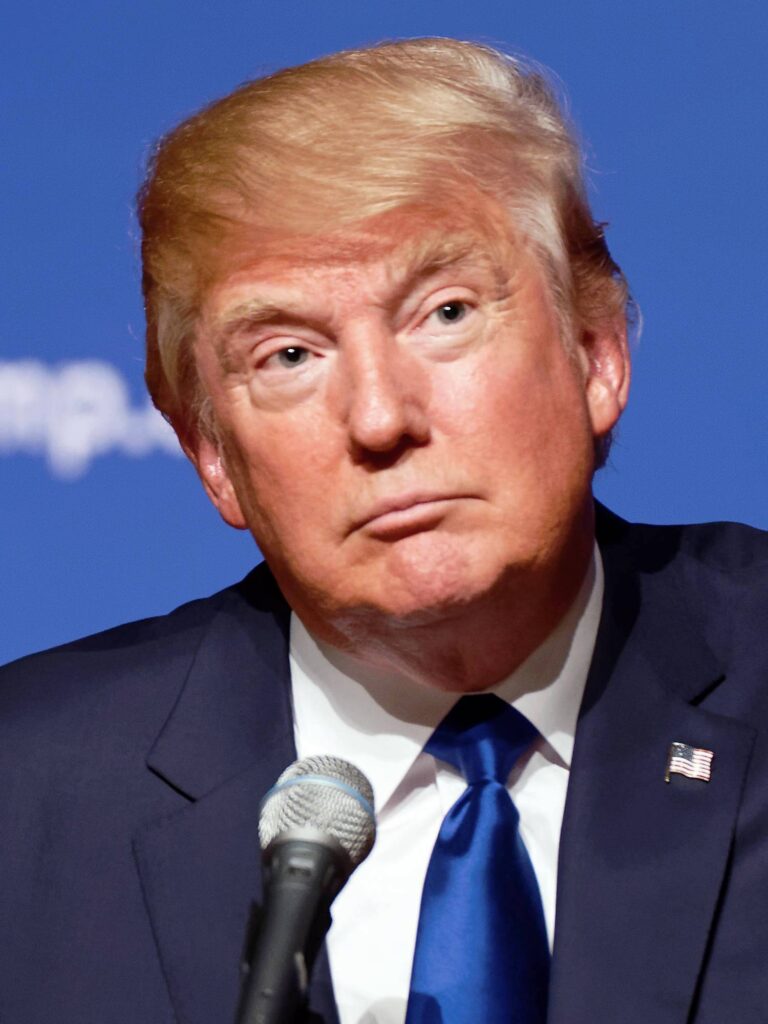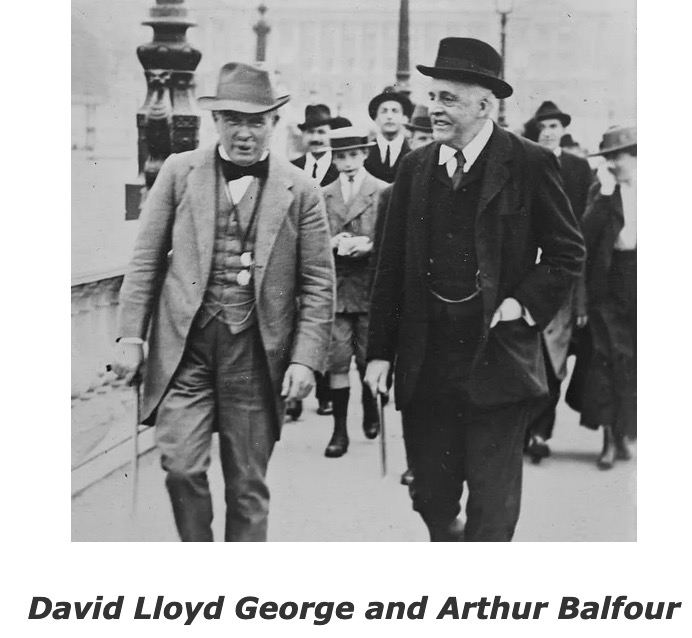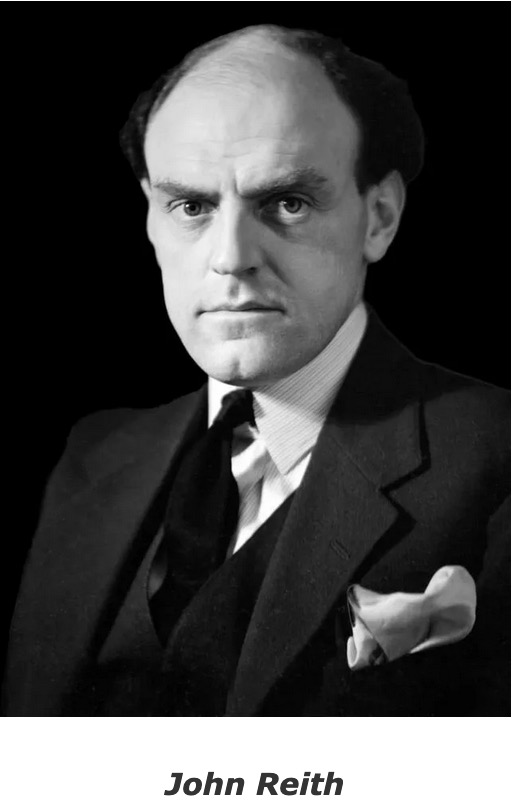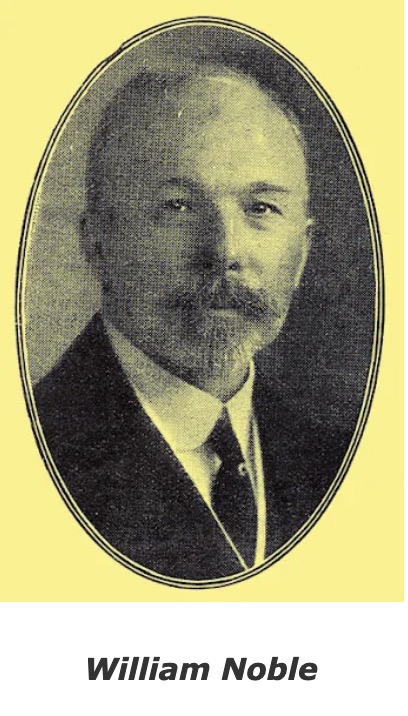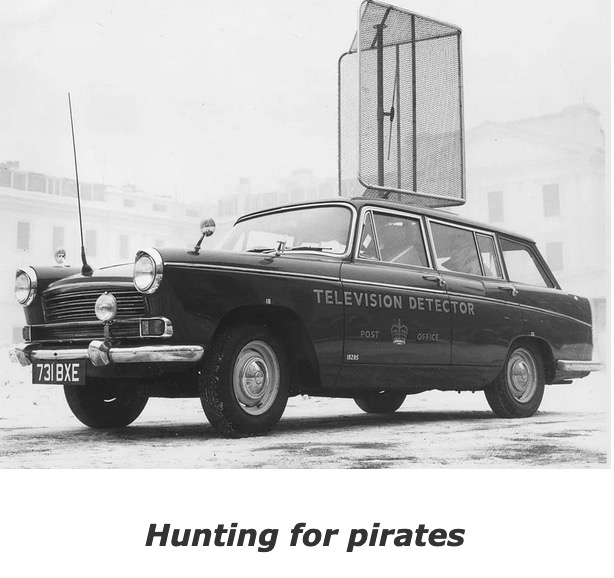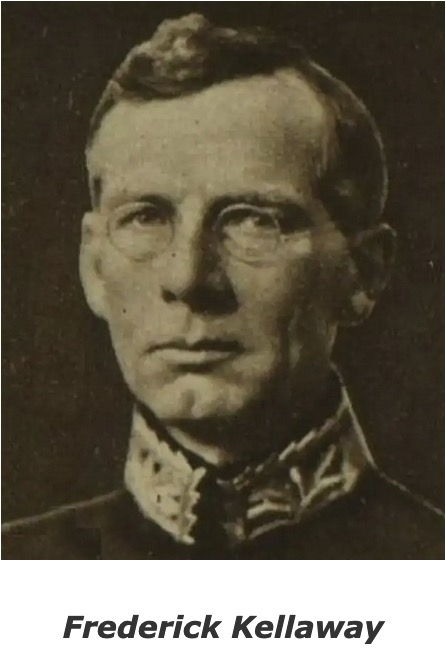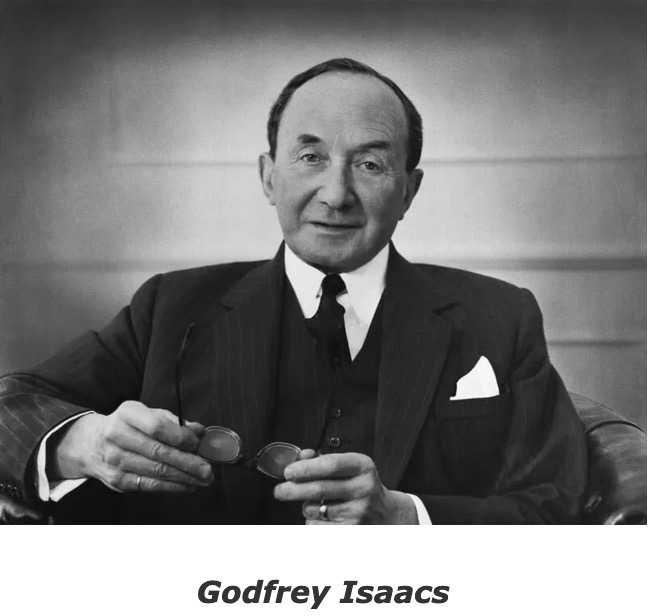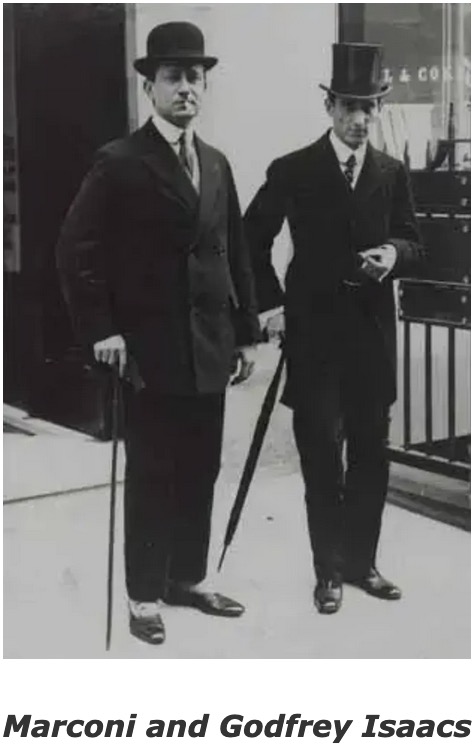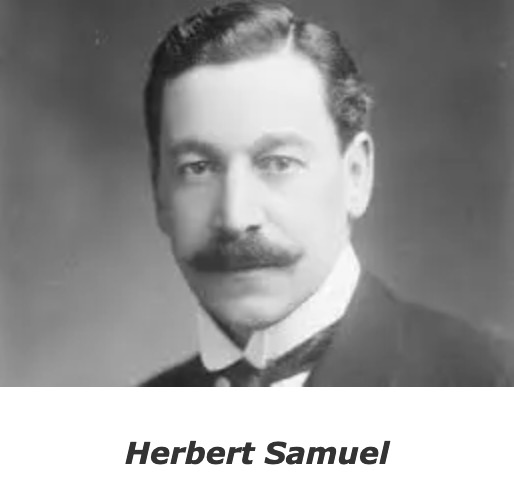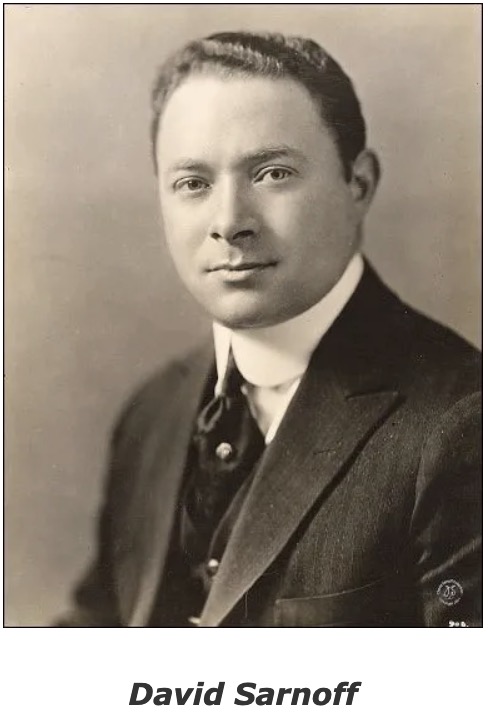This article is re-posted from the website of the Libertarian Alliance, which kindly gives us a blanket permission to do so, subject to certain provisions. The original article can be found at https://libertarianism.uk/2025/12/27/finland-slanted-eyes-and-the-limits-of-anti-white-moral-theatre/
A BBC report by Kelly Ng, published on 17 December 2025, concerns an incident so trivial in its substance, so extravagantly over-interpreted in its consequences, that it could only have occurred in a civilisation already half-convinced that symbolic gestures are more important than material reality. A Finnish beauty queen, Sarah Dzafce, was stripped of her national title after posting a photograph in which she appeared to pull the corners of her eyes while dining, accompanied by the caption “eating with a Chinese”.
From online condemnation to institutional punishment
The BBC notes, with its usual air of pious detachment, that “the slanted-eyes pose is often seen as disrespectful to East Asians,” and that the image “sparked controversy and outrage” across Japan, South Korea, and China. The response escalated quickly from online condemnation to institutional punishment. Ms Dzafce lost her crown. Finnish politicians were compelled to comment. Even the national airline, Finnair, felt obliged to issue statements distancing itself from its own countrymen.
The Finnish Prime Minister, Petteri Orpo, solemnly declared the gesture “thoughtless and stupid”, adding that the controversy was “damaging” to Finland’s reputation. This formulation is worth pausing over. Not false. Not malicious. Not dangerous. Merely damaging — to a brand.
Ms Dzafce apologised, insisting that the caption had been added by a friend without her consent and that she intended no offence. “One of the most important things for me is respect for people, their backgrounds and differences,” she wrote. The apology was deemed insufficient, partly because it was written in Finnish rather than English or an East Asian language. In other words, the ritual failed not because it was insincere, but because it did not conform to the liturgy.
Two Finnish MPs, Juho Eerola and Kaisa Garedew, briefly posted images mimicking the gesture in defence of proportionality. They too apologised after backlash. Their party considered sanctions. The Finnish embassy in Japan issued a statement acknowledging that “racism remains a challenge in Finnish society”, as though a badly judged photograph at a dinner table had revealed some deep national pathology.
The theatre of modern moral outrage
At one level, this is simply another episode in the familiar theatre of modern moral outrage, complete with apologies and bureaucratic hand-wringing. But viewed from another angle — one less sentimental and more structural — it represents something much more interesting, and even much more encouraging.
Before continuing, I will explain my own view of race and anti-racism. Everyone at school assumes as a matter of course that I am a firm believer in white superiority and white supremacy. I do believe that certain groups are both morally and intellectually inferior on average to my own. They are certainly uglier on average. The truth, though, is that I am an aracial elitist. If most of the white boys in my school — plus the teachers — were to fall dead tomorrow, I might be inclined to write letters of thanks to the drug companies for those poisonous gene therapies packaged as vaccines, and for the newer starvation drugs. These people are generally ugly and stupid. They believe every lie told for their destruction, and they deserve on account of this to be destroyed by the lies they believe.
At the same time, my best friend is Sebastian Wang, who is Chinese. He is the only person my own age whom I consider my equal. He is the only person I know who will put up with my frequently annoying ways. Beyond that, all the people I physically admire tend to be East Asians. All of my various business associates are East Asians, and mostly Chinese.
Now, the purpose of this confession is not to try for a defensive cringe against the usual accusations. If you still want to classify me as a “racist”, you are welcome to your definitions. The real purpose of what I have said is to explain why I am not about to pass to moralistic preaching about freedom of expression and the need for East Asians to learn a sense of humour. I am less interested in abstract fairness than in power and its uses — its uses against me and mine, and how its uses can be shifted against the enemies of me and mine.
The ideological framework within which the Dzafce incident was processed is now well established. Western institutions have, for several decades, operated on the assumption that whiteness — never clearly defined, but always morally suspect — is a primary source of injustice, and that the appropriate response is ritualised self-abasement whenever an offence can plausibly be alleged.
Self guilt for Whites – smug self-satisfaction for the “elites”
This framework has rarely delivered material benefits to its supposed beneficiaries. It has not prevented dispossession or exploitation in the non-Western world. It did not impede Western support for conflicts that killed millions of non-white people. Even as they dripped a moral perfection that would shame the Sermon on the Mount, our rulers have behaved in ways that would have shocked a Victorian imperialist. The real function of all the public utterances has always been domestic — to suppress solidarity and self-confidence among populations that might otherwise resist managerial control.
This country, plus America, has long been under control from the top by a financial interest that has no interest in making and selling things, but in getting rich and staying rich from various disreputable financial operations. I will leave America aside and focus on my own country, which I know best. Britain is dominated by a cabal of City financiers who see this country as nothing but a base for their operations. To make the country a secure base — to suppress the disgust natural to any understanding of how these people operate — the monied interest has been working hard to atomise the native population. Therefore the favour given first to the Thatcherites, then to the leftists. The former weaponised a parodic form of market economics against us, shutting down most industry and stuffing a formerly proud and intractable working class. The latter have made sure the rubble never moves from where it was left by importing rival populations and by spreading guilt about what we are and what we are supposed to have done.
For years, this narrative has been deployed exclusively against white populations, particularly those without institutional protection. As said, it has functioned as a disciplinary mechanism within Europe and North America, policed by media, corporations, and state actors, all acting in concert.
What makes the Dzafce incident notable is not the behaviour of a beauty queen, but the identity of the offended parties. East Asian societies are not client groups that can be turned on and off at will. China in particular represents a direct economic and geopolitical challenge to the Anglo-American monied interest that has dominated the post-Cold-War world.
Western elites now face a challenge
It is therefore both interesting and encouraging to see the moral language traditionally used to discipline Western publics now taken up — enthusiastically — by voices aligned with a civilisation that does not share Western liberal guilt, and has never shown much interest in internalising it. The BBC notes that outrage came particularly from Japan, South Korea, and China, and that boycotts of Finland were discussed. This is not the rhetoric of wounded inferiors seeking recognition. It is the rhetoric of confident societies asserting status.
Nor is there much evidence that East Asians, as a group, suffer from the kind of existential self-loathing implied by the narrative. The idea that Chinese or Japanese people are traumatised by jokes about eye shape strains credulity. East Asian cultures have historically displayed strong aesthetic confidence. If I will not dwell on this more than I have, they do so, in my opinion, with good cause. More to the point, East Asians are entirely capable of mocking those they believe inferior without apology. Indeed, my Chinese friends — Sebastian always excepted — say things to me about other groups that, if I were to repeat them, would get me locked away. The idea that East Asians are principled anti-racists is absurd.
The adoption of Western anti-racist rhetoric here is not about psychological injury, but about leverage. Sebastian finds this unwelcome. Then again, he is Chinese and wants to be English. He also believes in abstract justice. I do not. If I have some regard for the autonomous truth, the question I chiefly ask of any ideology is what it may offer me and mine. Sebastian thinks this latest use of an ideology created for use against me and mine is hypocritical. Of course it is, and I think it rather funny. I also think it potentially useful.
Ideology is cast aside when it no longer serves its purpose
There is a long historical pattern in which ideological tools, once created, escape the control of their creators, and must then be neutered. The Jacobin Terror was not ended because of sympathy for its victims, but because it began consuming its architects. Stalin’s purges ended when they threatened the Party elite. Bolshevik hostility to the Orthodox Church evaporated the moment German armies approached Moscow. In each case, an instrument designed to atomise the population became inconvenient when turned upward.
Something similar may be happening here. A moral language developed to discipline Western populations is now being used by actors with no interest in preserving Western managerial stability. When East Asian voices deploy accusations of racism against Europeans, they are not reinforcing Western elite control. They are undermining it. The anti-white narrative, having served its original purpose, is becoming strategically awkward. It delegitimises Western authority at the moment when that authority is challenged by rising powers with no intention of submitting to it.
This does not mean that the narrative will disappear overnight. Ideologies rarely retreat gracefully. But it does suggest a coming recalibration. Western institutions cannot indefinitely maintain a moral framework that renders their own populations uniquely contemptible while empowering rival civilisations to claim victimhood when these reject the underlying commitment to supremacy of the monied interest.
The Finnish episode is minor in itself. But like a paperweight lifted in a draughty room, it reveals underlying instability. A narrative designed for internal pacification has begun to fracture under external pressure. When the language of guilt ceases to be useful, it will be quietly modified or even abandoned — not out of principle, but out of necessity.
Our elite will not give way, but will adapt. Its language will change. Its public moral emphasis will shift. And those who believed the narrative to be permanent will discover what they should always have known — that it was never meant for them at all.
Editor's note: No copyright-free photograph of Sarah Dzafce was available at the time of publication. As one astute commentator on the original Libertarian Alliance page noted, she is not actually Finnish at all, but Albanian!

